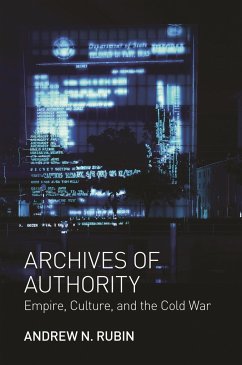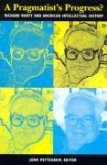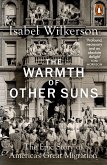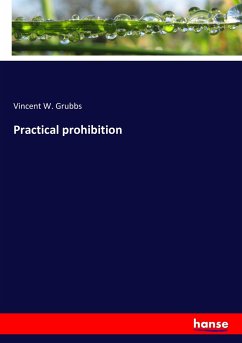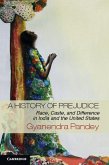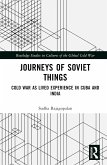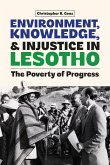"This is a brilliant and highly original investigation of how Cold War politics shaped the emergence of world literature and new forms of cultural authority, literary consecration, and political surveillance in the aftermath of the Second World War. Eye-opening and provocative, Archives of Authority is indispensable reading for all serious scholars of world literature, Cold War cultural politics, and globalization."--Anne McClintock, University of Wisconsin-Madison "Examining the period after World War II, when the United States took on an imperial role previously played by Britain, this remarkable book shows the ways in which Western cultural policies, in opposition to Soviet cultural-political efforts, helped literary culture establish certain authors, while excluding others from attention, leading to a new phase of world literature. The research is extensive and impressive."--Jonathan Arac, University of Pittsburgh "Enacting a kind of literary archaeology, Rubin's illuminating and necessary book traces the administration of literary culture and its shift from Anglo to American imperial power. Systematic without being sensationalistic, Rubin's journey through the archive allows us to see the epochal changes of Cold War culture that are still with us in ever greater relief."--Ammiel Alcalay, CUNY Graduate Center "This is an exciting exploration of important categories in world literature, a lucid explanation for its rise and fall, and an excellent argument for its careful reconsideration."--Paul Bove, University of Pittsburgh "Rubin reminds us how the insights of a literary way of thinking to the assessment of geopolitical history are inimitable. This meticulously researched and broad-minded book reopens the terrain of oppositional criticism embedded in a humanist pedagogy during an epoch that perversely fetishizes its own catastrophic anti-intellectualism as resistance." --Stathis Gourgouris, Columbia University "This rigorous and intrinsically interesting book is the academic equivalent of a Cold War spy novel, replete with intriguing archival findings and the implication of its author in the bureaucratic Kafkaesque structure of CIA document censorship. It is sure to appeal to a wide audience in literature, Cold War history, political science, and law." --Emily Apter, New York University
Hinweis: Dieser Artikel kann nur an eine deutsche Lieferadresse ausgeliefert werden.
Hinweis: Dieser Artikel kann nur an eine deutsche Lieferadresse ausgeliefert werden.

